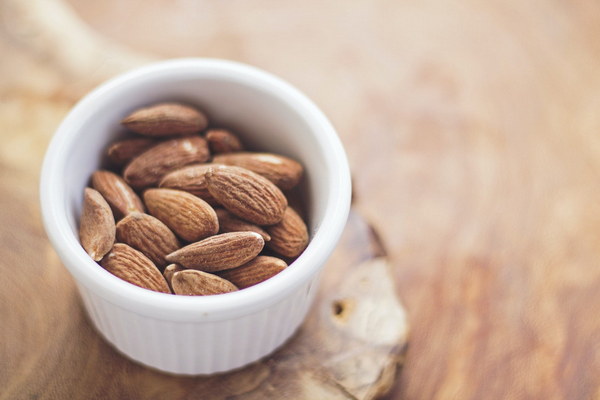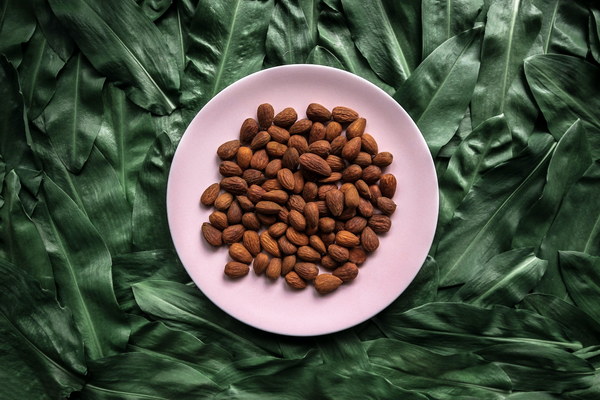Best Medications for Lung Health How to Nourish and Fortify Your Qi
In the pursuit of maintaining optimal lung health, it's essential to understand that the respiratory system is not just about external protection but also about internal balance. The concept of nourishing the lung and fortifying the Qi is deeply rooted in traditional Chinese medicine (TCM). This article explores the best medications and herbal remedies that can help in achieving this balance, thereby enhancing overall lung function and respiratory health.

Introduction
Lung health is paramount for a robust immune system and overall well-being. The lungs are responsible for the intake of oxygen and the removal of carbon dioxide, making them crucial for the body's metabolic processes. TCM offers a range of natural remedies that aim to nourish the lungs and strengthen the body's Qi, or vital energy. Below, we delve into some of the most effective medications and herbal supplements that are often recommended for lung health.
1. Astragalus (Huang Qi)
Astragalus is one of the most well-known and widely used herbs in TCM. It is believed to boost the immune system, increase energy levels, and enhance lung function. This herb is often used in cases of chronic respiratory conditions, such as asthma and chronic bronchitis.
How it Works:
- Astragalus contains compounds that can modulate the immune system, helping it to respond more effectively to infections.
- It may help reduce inflammation and improve lung capacity.
- It is also thought to support the adrenals, which can aid in stress management and overall energy levels.
2. Codonopsis (Dang Shen)
Codonopsis is another herb frequently used in TCM to strengthen the immune system and enhance lung function. It is often prescribed for fatigue, weakness, and respiratory conditions.
How it Works:
- Codonopsis is rich in saponins, which can help increase energy levels and support the immune system.
- It has adaptogenic properties, which means it can help the body adapt to stress and may improve overall well-being.
- It may also have anti-inflammatory effects, which can be beneficial for respiratory issues.
3. Licorice Root (Gan Cao)
Licorice root is often used in TCM to harmonize other herbs and is considered a heating herb that can help to nourish the lungs.
How it Works:
- Licorice root contains glycyrrhizin, which has anti-inflammatory properties and can help reduce the severity of respiratory symptoms.
- It is believed to support the adrenal glands and help the body cope with stress.
- It is often included in herbal formulas to balance the effects of other herbs.
4. Eleuthero (Siberian Ginseng)
Eleuthero is a popular adaptogen that can help boost the immune system and support overall health, including lung function.
How it Works:
- Eleuthero has been shown to enhance the immune response to infections and may help prevent respiratory illnesses.
- It can increase energy levels and improve mental clarity, which may indirectly support lung health.
- It is also thought to have anti-inflammatory properties.
5. Baical skullcap (Huang Qin)
Baical skullcap is known for its anti-inflammatory and antibacterial properties, making it beneficial for respiratory conditions.
How it Works:
- It can help reduce inflammation in the respiratory tract, which may alleviate symptoms of asthma and other respiratory diseases.
- Baical skullcap has been used traditionally to treat coughs, colds, and flu symptoms.
- It may also support liver function, which can indirectly support lung health.
Conclusion
Maintaining lung health is a multifaceted endeavor that involves a combination of lifestyle changes, diet, and sometimes medication. TCM offers a variety of natural remedies that can help nourish the lungs and fortify the Qi. While these medications can be effective, it is always best to consult with a qualified TCM practitioner or healthcare provider before starting any new treatment regimen. By combining traditional wisdom with modern medicine, one can achieve a harmonious approach to lung care and overall wellness.









